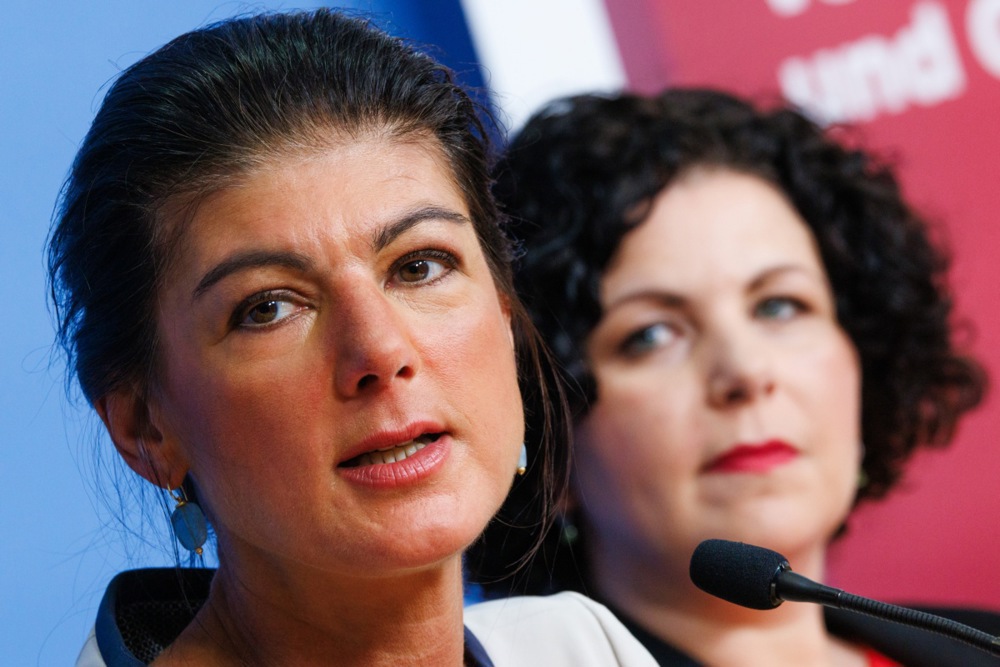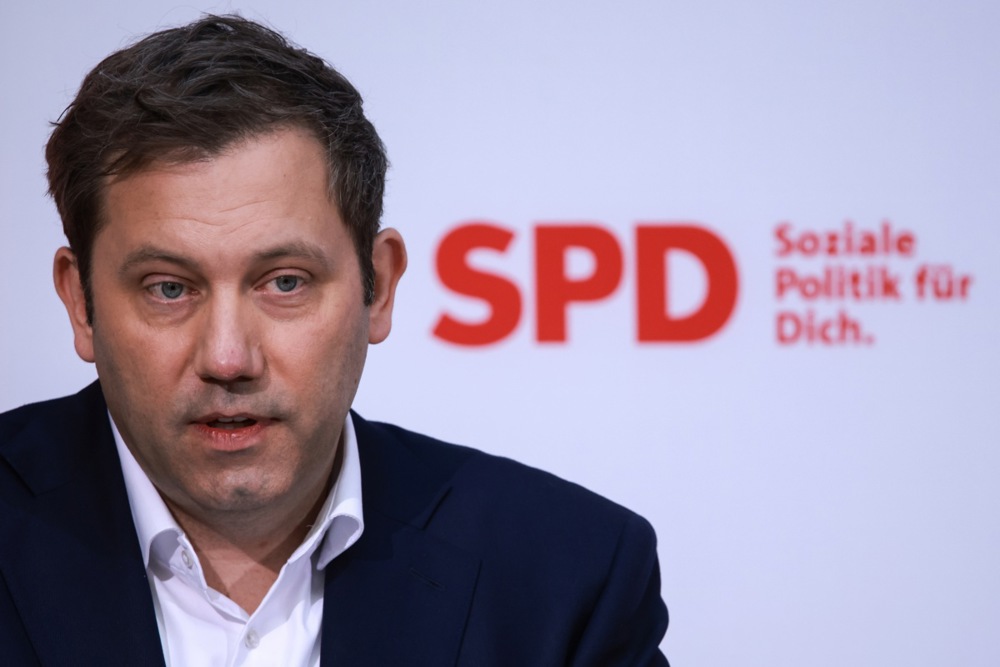Germany’s electorate has responded negatively to chancellor-in-waiting Friederich Merz’s choice to form a coalition with the Social Democratic Party (SPD) and co-operate with The Greens on key issues.
In response, Merz’s Christian Democratic Union (CDU) party has been hit in the polls, while the right-wing Alternative for Germany (AfD) Party has gained.
In the latest survey by YouGov published on March 26, the CDU lost 2.5 percentage points to 26 per cent of the vote.
AfD rose by 3.2 percentage points, ending on a high 24 per cent and in touching distance of the CDU.
The SPD party continued to fall, polling at 15 per cent, 1.4 per cent points lower than its historically bad result in the last federal elections on February 23.
BUNDESTAGSWAHL | Sonntagsfrage YouGov
Union: 26% (-2,5)
AfD: 24% (+3,2)
SPD: 15% (-1,4)
GRÜNE: 12% (+0,4)
LINKE: 10% (+1,2)
BSW: 5%
FDP: 3% (-1,3)
Sonstige: 4% (-0,6)Änderungen zum Wahlergebnis von 2025
Verlauf: https://t.co/f9MV7iZ8iJ#btw29 pic.twitter.com/vfEEjg9n7o
— Deutschland Wählt (@Wahlen_DE) March 26, 2025
YouGov’s poll confirmed the survey by Insa on March 24, which showed the same dynamic.
With the AfD consistently polling around 24 per cent, the highest in its history – and given that the CDU comprised two parties with the separate Bavarian wing the Christian Social Union (CSU) – the AfD was on the verge of becoming the largest single party in Germany.
Additionally, it has been performing strongly among potential voters, with the figure hovering around 30 per cent.
The Greens have more or less confirmed their election results at around 12 per cent. The other parties appeared relatively stagnant.
The fall of popular support for the CDU came as its party President Merz has made major concessions to the Left in order to form a new government.
Earlier in March, the CDU and SPD, with the help of The Greens, backed the outgoing parliament’s push to agree on the issuing of a €1 trillion debt-fuelled spending spree.
To make this possible, an amendment to the constitution was passed.
That move came despite Merz having made opposition to new debt a key promise in his election campaign.
Another central theme of his campaign, a new migration policy after a series of violent terrorist attacks by asylum seekers, was also shot down by The Left.
Merz had vowed he would immediately introduce border controls, increase the powers of federal police to detain illegals and conduct daily deportations. After the elections, though, it quickly became apparent that these plans would not materialise.
In another example, the SPD has now demanded the decriminalisation of abortions – in direct opposition to what Merz had promised before the election.
As a cherry on top, a “net zero” commitment was added into the country’s constitution, a concession to The Greens for their support to remove the country’s “debt brake”.
According to many observers, Merz’s repeated concessions stemmed from his decision to uphold the self-imposed commitment not to seek a coalition with the right-wing AfD.
By ruling out such a move and adhering to the so-called “firewall”, he has seemingly left himself with only one viable partner for a two-party government – the SPD.
That has caused discontent among parts of his own constituency. In the town of Kühlungsborn, almost the entire executive board of the CDU resigned on March 25, accusing the party of having moved away from its basic values.
“Each of us joined the CDU out of certain convictions and basic values. However, if fundamental points and red lines are crossed that destroy these values, one must inevitably draw consequences,” they said in their resignation letter.
Members said the party had broken away from its “own DNA” by ditching the debt brake, adding a climate target to the constitution and revealing a lack of clarity in migration policy.
COMMENT: The Germans are stuck with a CDU-CSU and SPD coalition that can at best manage the country’s decline, but will not lead to the 180-degree turnaround that is needed, writes @Raphfel. https://t.co/gHgJf5BpE7
— Brussels Signal (@brusselssignal) February 26, 2025





